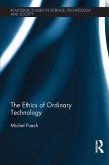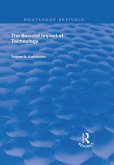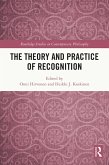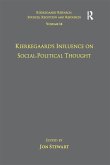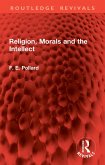New and emerging technologies, such as smart technological environments, imaging technologies and smart drugs, are increasingly shaping who and what we are and influencing who we ought to be. How should we adequately understand, evaluate and appreciate this development? Tackling this question requires going beyond the persistent and stubborn inside-outside dualism and recognizing that what we consider our "inside" self is to a great extent shaped by our "outside" world. Inspired by various philosophers - especially Nietzsche, Peirce and Lacan -this book shows how the values, goals and ideals that humans encounter in their environments not only shape their identities but also enable them to critically relate to their present state. The author argues against understanding technological self-formation in terms of making ourselves better, stronger and smarter. Rather, we should conceive it in terms of technological sublimation, which redefines the very notion of human enhancement. In this respect the author introduces an alternative, more suitable theory, namely Technological Sublimation Theory (TST).
Extimate Technology will be of interest to scholars and advanced students working in philosophy of technology, philosophy of the self, phenomenology, pragmatism, and history of philosophy.
The Open Access version of this book, available at http://www.taylorfrancis.com/books/9781003139409, has been made available under a Creative Commons Attribution-Non Commercial-No Derivatives 4.0 license.
Dieser Download kann aus rechtlichen Gründen nur mit Rechnungsadresse in A, B, BG, CY, CZ, D, DK, EW, E, FIN, F, GR, HR, H, IRL, I, LT, L, LR, M, NL, PL, P, R, S, SLO, SK ausgeliefert werden.



